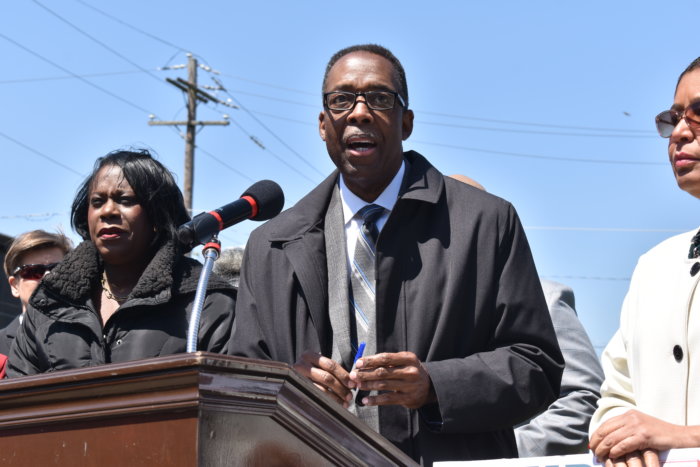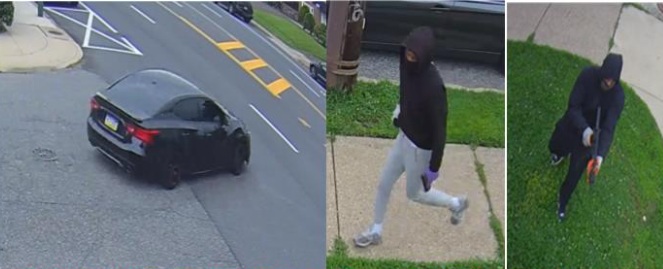In a change long-sought by advocates, Philadelphia may soon consider prisoners as living at their last known address, rather than where they are currently incarcerated, for the purposes of drawing political boundaries.
A bill introduced in City Council last week would reallocate more than 7,500 prisoners locked up in state and municipal correctional facilities to the population of council districts in which previously resided to combat what’s known as “prison gerrymandering.”
Proponents of the change have argued that counting inmates with the local population around jails gives undue voting power to the mostly white, rural communities where such facilities are usually located, particularly at the state level.
Within Philadelphia, some wondered whether additional electoral might was being bestowed to the neighborhoods around the city’s jails, which are all clustered along State Road in Holmesburg.
However, no districts will need to be redrawn as a result of the reapportionment, according to Council President Darrell Clarke’s office, which drafted the legislation.
Generally, the gap between the least-populated and most-populated districts cannot exceed 10%, and all of the 10 council districts remained within 5% of the average size, which is about 162,000 people, said Joe Grace, a spokesperson for Clarke.
In fact, if the bill is approved, all districts, including the 6th, where the jails are located, would gain residents — perhaps a testament to the significant chunk of the state prison population from Philadelphia.

Despite the lack of immediate impact, adopting the legislation is critical, said Pat Christmas, legislative director for the Committee of Seventy, a local nonpartisan, good-government group that supports the change.
“It’s still important because you have to respect where folks are actually from, which is not a prison facility,” he told Metro. “This sets an important precedent for the next time we do this in 2031, where the reallocation really could affect where the lines are drawn.”
Political maps at the federal, state and local level are redrawn once a decade following the U.S. Census, in a process known as redistricting.
Prison gerrymandering was discussed and, at least partially, dismantled for Pennsylvania house and senate districts during the most recent redistricting round last year.
A state commission decided to reallocate all inmates to their last known address except those whose sentences were set to run beyond 2030, when the process will begin again.
The shift added 7,000 people to Philadelphia’s population, according to the Public Interest Law Center, which found inmates made up more than 5% of the population in 10 state house districts under the old maps.
House Democratic Leader Joanna McClinton, a commission member who pushed for an end to prison gerrymandering, voted against the resolution, preferring an earlier plan to only exclude prisoners serving life terms.
On the other hand, legislators in Harrisburg reconfiguring Congressional maps did not take any action on prison gerrymandering, counting inmates at their correctional facilities.
“So we have different political maps that were drawn using different sets of data,” Christmas noted.
Compared to the new state and Congressional boundaries, used for the first time in last week’s primary, Council’s map, which was approved in February, did not include many alterations.
Although the Committee of Seventy was not pleased with City Hall’s transparency — other than two public hearings, much of the work was done behind closed doors — Christmas said the organization was encouraged by a bill presented last month.
The legislation, introduced by Councilmember Derek Green, would create a redistricting commission comprised of 11 residents who would propose new boundaries to Council.
“I don’t think we’ve ever had a proposal like that before,” Christmas said.
Since the bill would require a charter change, the commission would have to be approved by voters as a ballot question. Green’s bill has not yet been scheduled for a hearing.
As for Clarke’s legislation, it also still needs to advance through a hearing before being considered for a final vote. Mayor Jim Kenney’s administration supports the “intent to resolve the prison gerrymandering issue,” a spokesperson told Metro.
























